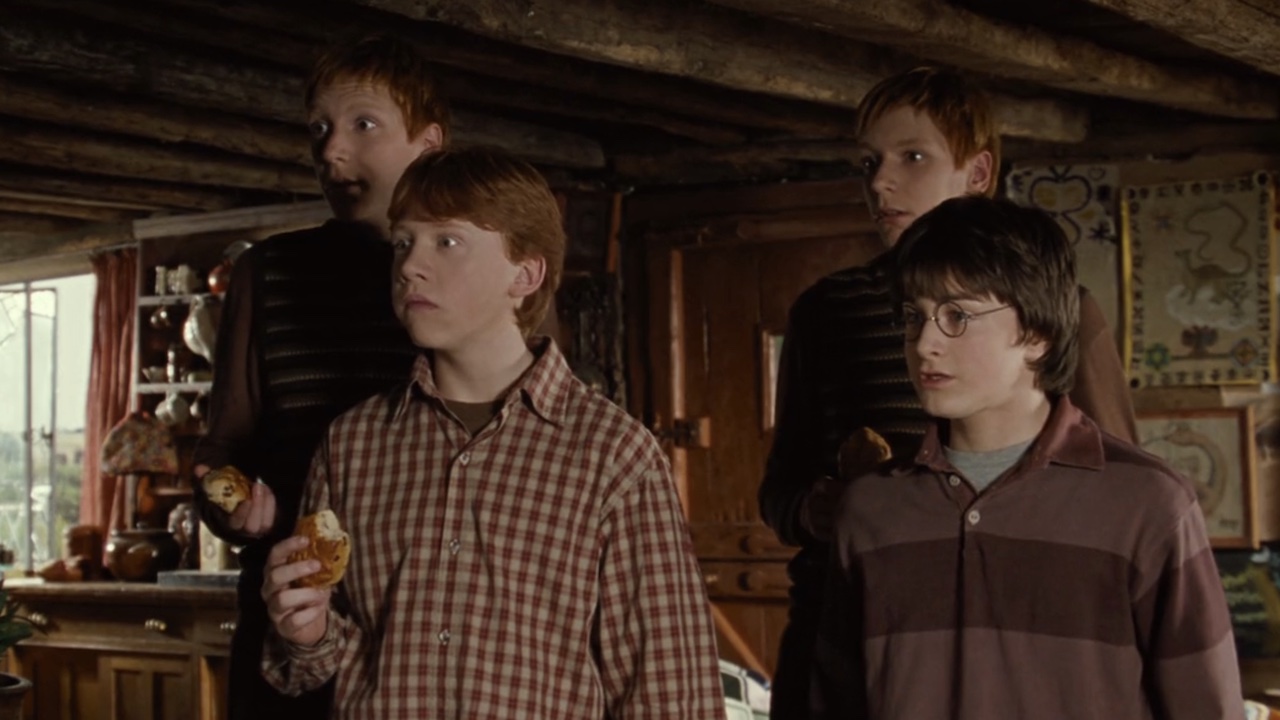The Next Three Days isn’t a prison break movie. It’s a heist movie in which the stakes are higher than they’ve ever been in any other robbery. What John Brennan (Russell Crowe) sets out to steal is more precious than any amount of money or gold. He’s stealing his wife.
Locked away in prison for a crime he doesn’t believe she committed, John’s wife Lara (Elizabeth Banks) has lost hope. After their last appeal is turned down, Lara attempts suicide. She lives, but remains locked away for life. John realizes he cannot face the rest of his existence without the woman he loves and fears that Lara won’t last much longer behind bars. Out of legal options, this otherwise mild-mannered father and teacher, driven by the almost animal drive to protect the woman he loves at any cost, decides to do something about it.
What follows is a quintessential heist film, but with a far more emotional and intimate connection than any other heist movie you’ve seen before. John begins planning and at first, has no idea what he’s doing. He’s all alone and Next Three Days follows him through months of quiet desperation as he studies the prison, learns routines, and looks for the right crack in security routines that’ll allow him to steal his spouse. Along the way John must change who he is, abandon most of what he believes in, and risk the life of his son. He hates himself for it and yet does it all anyway. He’d rather live with the guilt than live without Lara.
Director Paul Haggis’ film is sharply directed and obsessed with the fascinating detail of what it takes for John to do what needs doing. That attention to detail makes an otherwise implausible premise feel utterly plausible. His method of approaching a prison break movie like a robbery plays out as one of the most consistently tension-filled experiences I’ve had in a movie theater this year. But it’s a slow burn. If you’re looking for a high-octane thriller, this isn’t the movie for you. Much of the reason Next Three Days works so well is because the stakes are so high, but also because Haggis refuses to rush it. He’s willing to let John Brennan struggle and suffer on the way to his goal. What he’s doing isn’t easy, and you’ll see every second of what Brennan puts himself through in front of Haggis’ camera through Crowe’s world weary eyes.
The moral ambiguity of Brennan’s task looms over the film, and Haggis is content simply to let it hang there. He never sermonizes or offers easy answers. For most of the film you won’t even know if Lara’s actually innocent. John claims he believes she is, but everyone else, include the audience, is far less sure. At some point, for John, it no longer even matters. His actions are both noble and selfish, all at once.
The Next Three Days is carried by a powerful and determined performance from Crowe and an even better one from Elizabeth Banks. She slowly fades away on screen, life and vitality draining from her eyes as she gives up on who she was and accepts a life of hard time. Watching his wife turn into a living ghost is what drives Brennan mad, the primal need to protect the woman he loves welling up within him until he has no choice but to take action.
John Brennan, like everything about Haggis’s film, is complicated. His story is based on a 2007 French movie called Anything For Her and some of the hallmarks of morally conflicted French cinema shine through, but Haggis manages to put his own stamp on it. Clever and thrilling at every turn, The Next Three Days takes the heist genre places it’s never gone before, and in the process stakes a claim as one of the best movies of the year.
Your Daily Blend of Entertainment News


